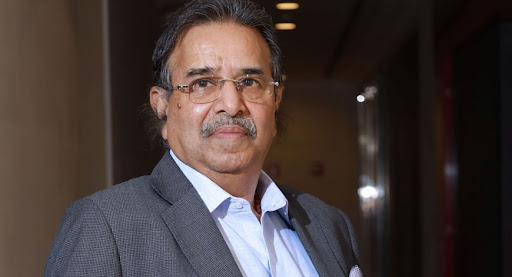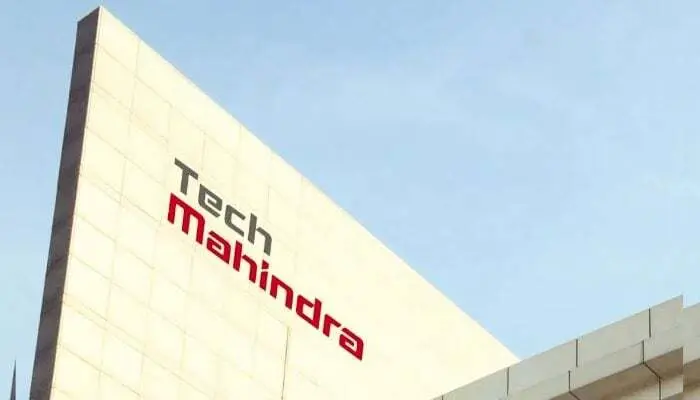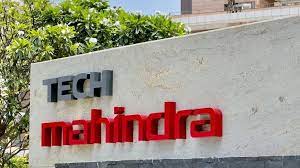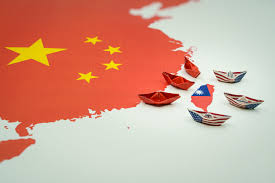India-US defence relationship has evolved from mistrust to deep trust: Experts
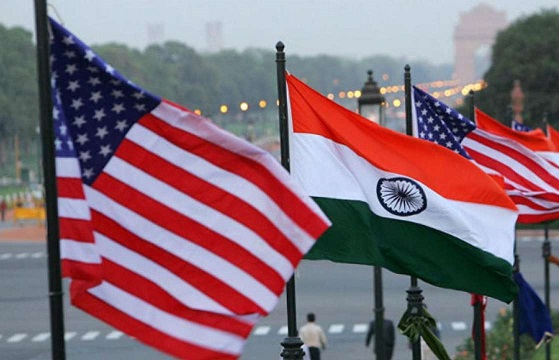
NEW DELHI: “India-US defence relationship is a dynamic and evolving one – from a place of mistrust to a place of deep trust,” noted experts during a Defence News Conclave Project, titled “India-US Collaborations in Defence Industry, Technology, Innovation and Trade”.
The second in a series of workshops aims at creating awareness about the importance of India-US defence relations, particularly in the context of contemporary developments in the Indo-Pacific region.
Richard M. Rossow, Senior Adviser and Wadhwani Chair in US-India Policy Studies, Center for Strategic & International Studies, observed that India wants to move beyond a buyer-seller relationship in defence, and it wants access to the technologies underpinning defence sales. He noted that while a lot of equipment sales from the US to India were on the cards, getting U.S. firms to build locally in India remained a challenge.
Rossow stated that the Defence Technology and Trade Initiative (DTTI) is an ambitious and unique framework between the two sides, which needs to move faster to ensure viability of more projects. He also cautioned about the disastrous effects of potential CAATSA sanctions on India, while advising both sides to have “frank conversations” on areas of disagreements. Overall, he emphasised that the India-U.S. defence relationship was not entirely transactional – while U.S. companies may lose sales due to India’s indigenisation drive that was not the sole driving force for bilateral ties, which had attained a strategic status.
Colonel K.V Kuber, Director, Aerospace and Defence, Ernst and Young remarked that the India-U.S. defence relationship was driven by “mutual interest in commercial and geopolitical areas, which was the basis of trust”.
He mentioned the 2+2 dialogue between the two countries and the DTTI as the cornerstone of this relationship. Noting that the DTTI aims to “transform and transmigrate the buyer-seller relationship into a co-production and co-2 development relationship”, he pointed to the Air Launched Small Unmanned Systems and intelligence, surveillance, target acquisition, and reconnaissance (ISTAR) projects as successful examples.
He noted that the DTTI could not be about only trade, nor about only technology, and that the US needed to loosen its International Traffic in Arms Regulations (ITAR).
To move forward, India and the US need to focus discussions on specifics, rather than overall frameworks. Kuber cited the instance of the lease of Predator drones to India as an important development in the right direction. He noted that the US approach to defence trade needed to shift from being anti-Russia to being pro-industry.
Observing that almost 11 Indian states already have an aerospace and defence policy, Kuber stated that India’s defence self-reliance programme was driven by an “Aatmanirbharta with Vasudhaiva Kutumbakam” approach, driven by the “combined power of hardware, software, firmware and brainware.”
Subimal Bhattacharjee, Independent Consultant on Defence and Cyber Security and Former Country Head, General Dynamics observed that the India-US defence relationship is a “dynamic and evolving one – from a place of mistrust to a place of deep trust”.
He noted that while R&D cooperation under the DTTI had not been very successful so far, a relook could set the ball rolling. Importantly, Subimal observed that by signing the foundational agreements with the U.S., India itself went through an evolutionary process, since accepting these agreements involved tweaking government policies on defence.
He pointed to the scope of cooperation on Artificial Intelligence (AI), both bilaterally as well as within groups like the Quad, which could focus on building trusted systems networks. In his view, India and the U.S. should collaborate on technology design, development and use, pursue dialogues on critical technology supply chains, including a commonly evolved supply chain monitoring mechanism.
Subimal also suggested hybrid Foreign Military Sales (FMS) route as an effective way forward in bilateral defence trade. He also emphasised that India’s policy of Atmanirbharta in defence did not mean eliminating all other players entirely – there remained many gaps which could be filled by American technologies.
Summarising his remarks, Subimal said “America is the best bet in this time when the world is passing through an uncertain phase. It not only fulfils our ambitions of becoming a net defence exporter, but also conveys an important of capability to our neighbours.”
The virtual session saw enthusiastic participation, with over fifty participants joining to hear experts deliberate on these issues. This was the second of a series of such workshops, which have been conceptualised as capacity-building sessions for media professionals, so that they can have a more informed view of defence and strategic matters.


